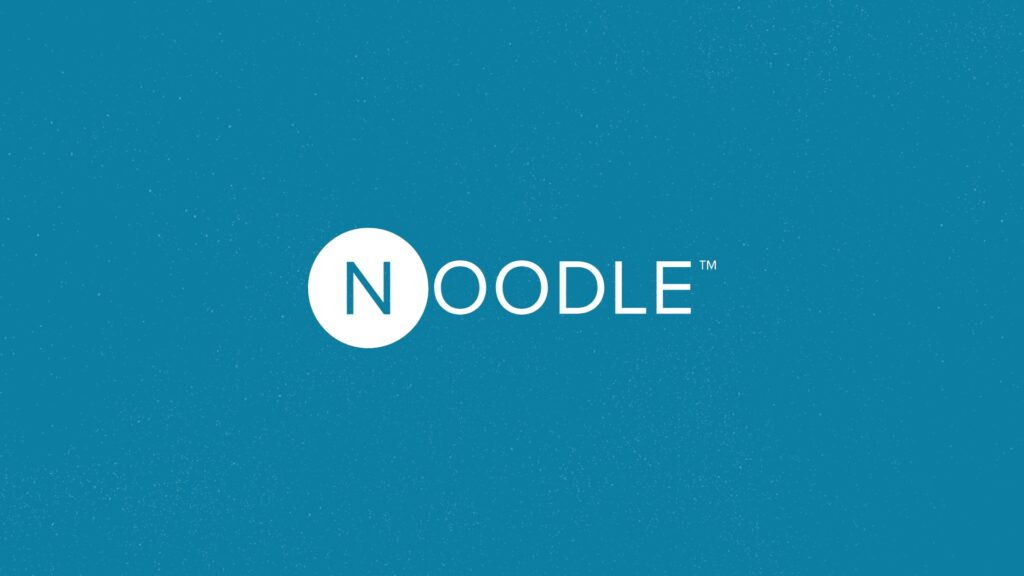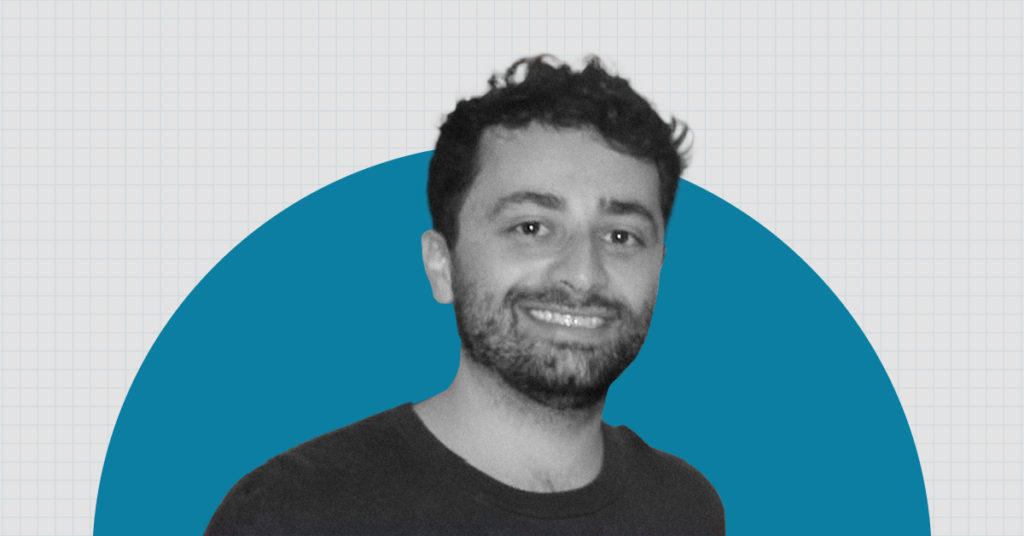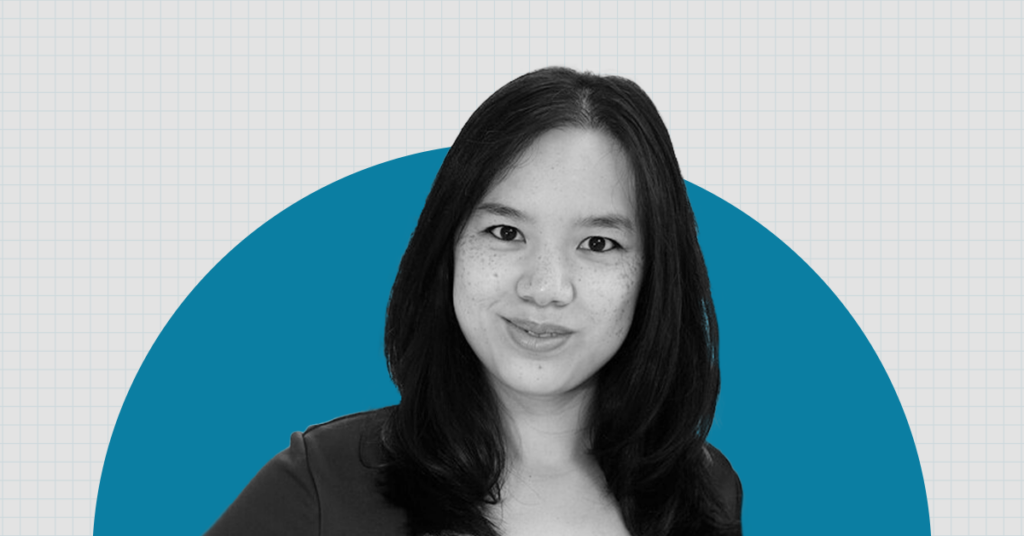Get to Know Noodle’s Analyst, Market Research, Chris Kim
Great leaders know how to listen just as well as speak…they also take time to listen and consider input from team members to make decisions.
Chris Kim, Noodle’s Analyst, Market Research was born and raised in South New Jersey. His parents moved to the United States from Seoul, South Korea and he attended Ithaca College where he studied Sociology, Philosophy, French and Francophone Studies. He shares that higher education has played an important role in his life as a first generation Korean American and college graduate. Chris believes that equitable access to quality education should be a right, especially amongst youth. Here at Noodle, Chris supports his team through strong communication, excellent research skills and genuinely listening to others.
What elements or traits does a great leader exhibit?
A great leader knows how to communicate effectively and make informed decisions. Great leaders know how to listen just as well as speak. They know how to communicate across multiple stakeholders, as well as support their internal team members so that they can produce their best work for the team. They also take time to listen and consider input from team members to make decisions.
When you think of great leadership, who comes to mind? Why?
When I think of great leadership, two people come to mind: one is my former supervisor from when I worked for Cornell University in the Department of Integrative Plant Sciences, Don Rakow. During my time working with Don, he always had a calm and professional demeanor. He never felt like a boss in the traditional sense, but rather, a mentor who empowered me to think critically and lead research. He consulted my expertise with the research we did together and also bestowed responsibilities that gave me opportunities to grow in my leadership and learning. Together we’ve published works that explore how youth of color access nature, parks, and greenspaces.
The other leader that comes to mind is my current supervisor, Jamie McCaw. Jamie continually supports my growth at Noodle and allows me to explore different avenues of research as we grow as a team and as a company. She’s curated an all-star team of researchers, balancing both the ability to find talented and amiable people, which has made for very good chemistry on our team. More personally, Jamie has stoked my confidence in my capabilities as well as new challenges which has pushed me to be a better researcher.
How has your personal leadership style evolved?
My personal leadership has evolved by becoming a better communicator. So much of my past work involved me speaking and sharing ideas with those who come from the same bubble as I do—primarily academia. I’m learning how to communicate more effectively with people from diverse professional backgrounds. I have a long way to go and I’m trying my best to grow this skill in my leadership style.
What is it about your background or career experiences that successfully positioned you for your role at Noodle? Describe that role.
My background and career experience has been almost exclusively in social science research until working at Noodle. In my past work, I’ve always prioritized the voice of the research participants, their needs, and their stories as it relates to starting a dialogue around social change. I think I channel a lot of that energy into the user experience research that I do on Noodle Learning Platform. Despite the principle being the same, I acknowledge that the ends are different from the work that I am doing now. My goal is to continue doing research that can still speak to the needs of others and I think Noodle is a good place to manifest that.
How do you support the success of your team?
Within the research team, we are an eclectic bunch, doing all different kinds of research for Noodle and our university partners. Though most of my work recently has been in product research, the nature of my role allows me to have some room for flexibility where I can work and directly support my team on various projects – whether it’s on the programs side, marketing side, or product side of research.
Describe how your career has been enhanced by exposure to diverse people, places or experiences.
Within research it’s important to be able to work with people, whether it’s with your participants, internal stakeholders, or your client/customer. In my career I’ve had the privilege to work with diverse people with diverse experiences–all of which have led me to be a better researcher today. A role that comes to mind was my first job out of college, where I was a rehabilitation counselor working with clients who were diagnosed with one or more mental illnesses. Another role that comes to mind was when I worked for an international development foundation, working with internal teams from Washington D.C, and some throughout Latin America, the Caribbean, and Central America. All of these past work experiences have helped me to become a more empathetic, understanding and analytical person. I think that I carry that with me in the work that I do now.
What are some of the most effective tools in your leadership arsenal?
I’m quite good at listening to other perspectives – sometimes to a fault, rendering me ineffective when it comes to making tough decisions. At best though, I am able to cultivate a space where people can share ideas and genuinely be heard.
Please tell us something about yourself that people would be surprised to learn.
I’m a big music lover. I use music as a vessel to explore other cultures and languages despite not always understanding them. It’s humbling to approach music from another culture with an open mind. Ultimately, I always learn something new every time. Right now I’m listening to Arabic funk and soul from the 70’s, Afrobeat from the 70’s & 80’s, Japanese Jazz & funk fusion from the 70’s & 80’s , Brazilian Bossa Nova & Samba from the 60’s & 70’s, and Chilean folk from the 50’s, 60’s, & 70’s.



